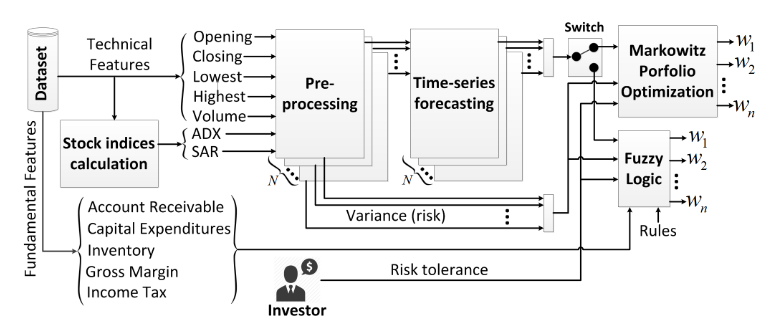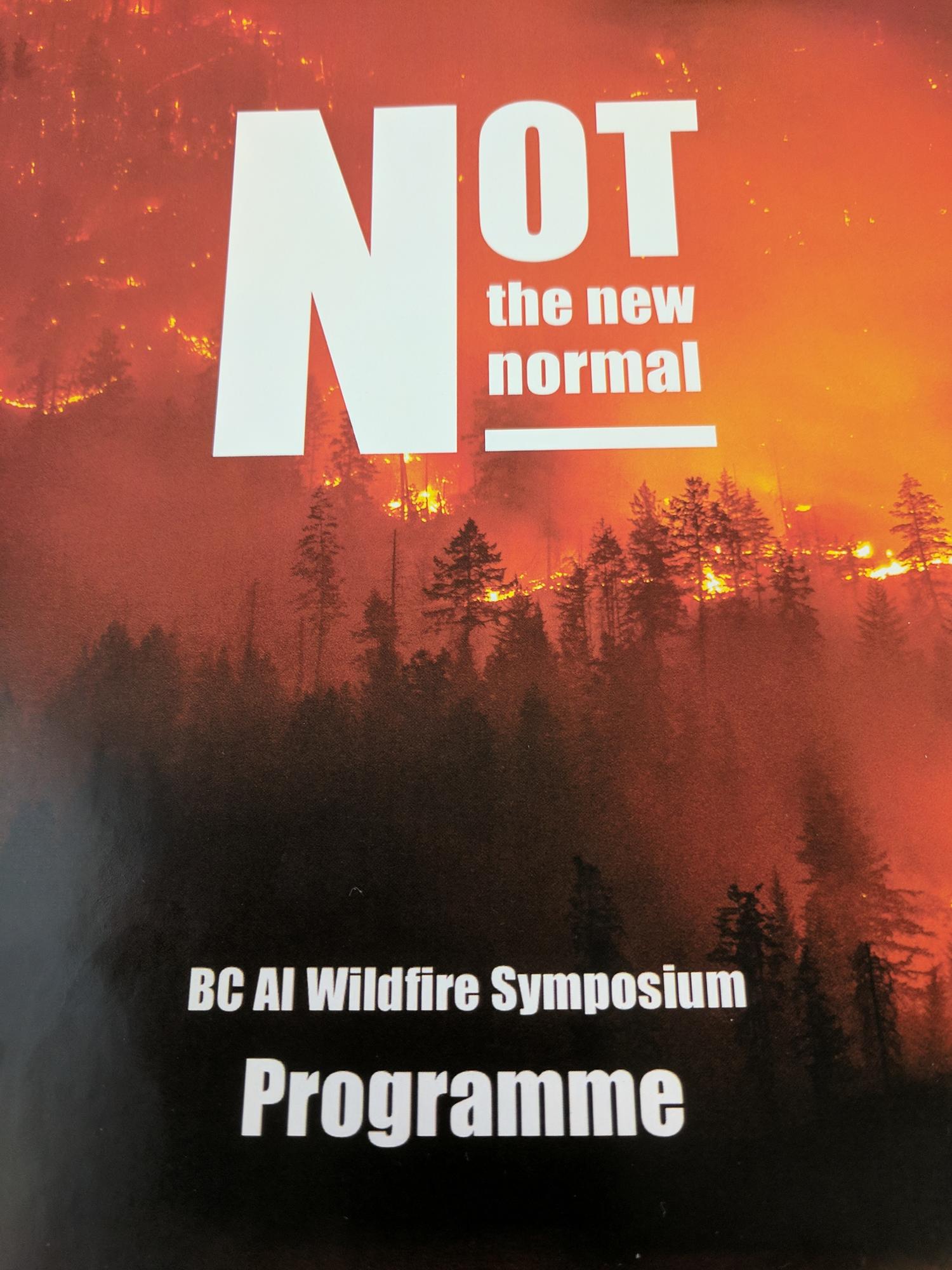Presentations
Adaptation Through Learning: Using Machine Learning to Improve Forest Wildfire Management
Thursday, June 18, 2020:
Machine Learning for Modelling and Decision Making in Complex Physical Domains,
at
Centre for Artificial Intelligence Decision-making and Action (CAIDA), University of British Columbia, Vancouver, BC,
Monday, November 4, 2019
Artificial Intelligence in Support of Physics and Other Complex Domains.,
at
National Research Council, Ottawa, Canada,
Thursday, October 17, 2019:
Machine Learning for Modelling and Decision Making in Complex Physical Domains,
at
University College Dublin, Dublin, Ireland,
Wednesday, September 25, 2019
Compact Representation of a Multi-dimensional Combustion Manifold Using Deep Neural Networks,
at
European Conference on Machine Learning (ECML 2019), Wurzburg, Germany,
Thursday, September 19, 2019:
Adaptation Through Learning : Using Machine Learning to Improve Forest Wildfire Management,
at
Department of Electrical Engineering & Computer Science and Engineering, York University,
Wednesday, February 13, 2019
Accepted talk at the IAAI-19 Conference : Artificial Counselor System for Stock Investment,
at
Honolulu, Hawaii,
Thursday, January 31, 2019
Adaptation Through Learning : Using Machine Learning to Improve Forest Wildfire Management,
at
San Francisco, California,
Thursday, January 24, 2019
Into the Depths : Recent and Future directions for Spatial and Collaborative Reinforcement Learning,
at
National Research Council, Ottawa, Ontario, Canada,
Friday, July 27, 2018:

 I'll be giving a talk and taking part in a panel on opportunities for AI in Environmental and Sustainability domains at the Re-Work Deep Learning Summit on January 24, 2019 in San Francisco.
I'll be giving a talk and taking part in a panel on opportunities for AI in Environmental and Sustainability domains at the Re-Work Deep Learning Summit on January 24, 2019 in San Francisco. I was invited to the BC AI Wildfire Symposium to give insights into the previous and potential uses of Artificial Intelligence and Machine Learning for modeling,...
I was invited to the BC AI Wildfire Symposium to give insights into the previous and potential uses of Artificial Intelligence and Machine Learning for modeling,...